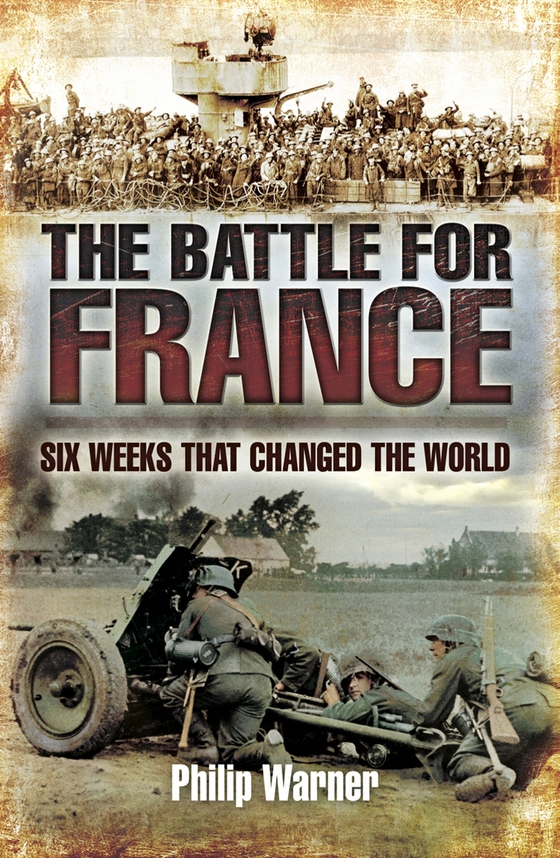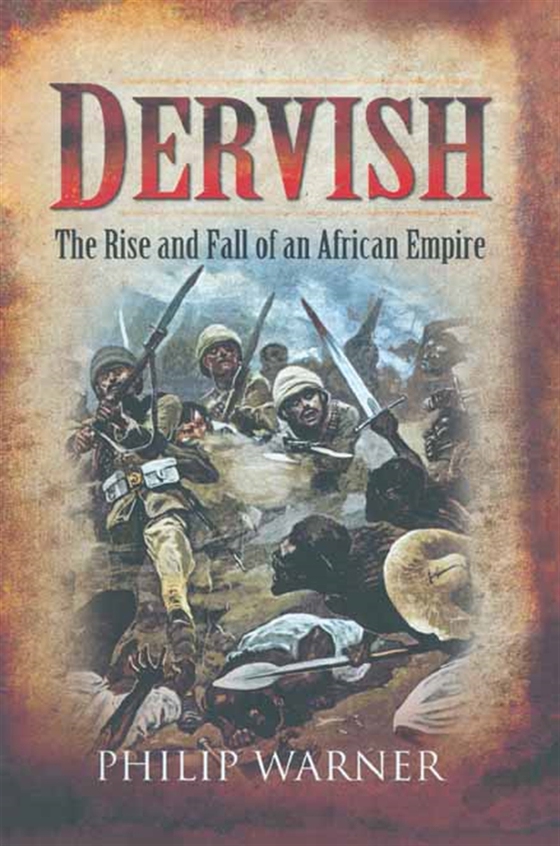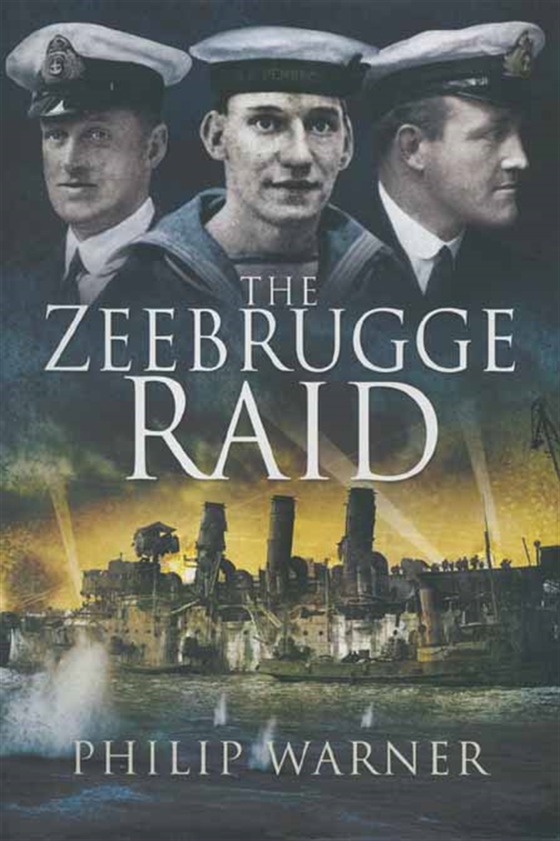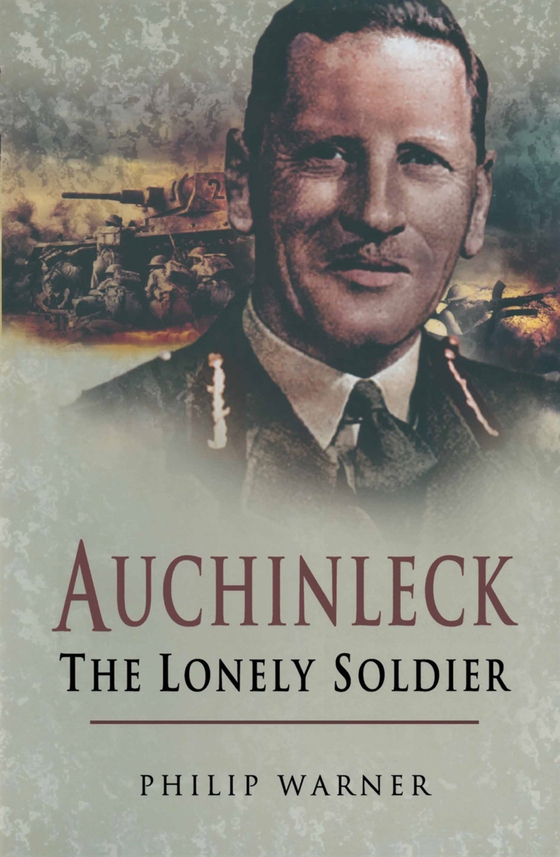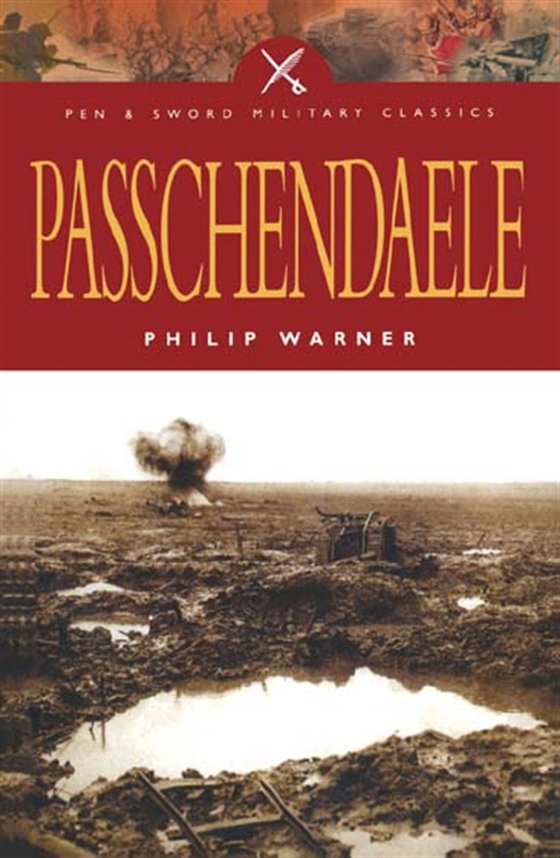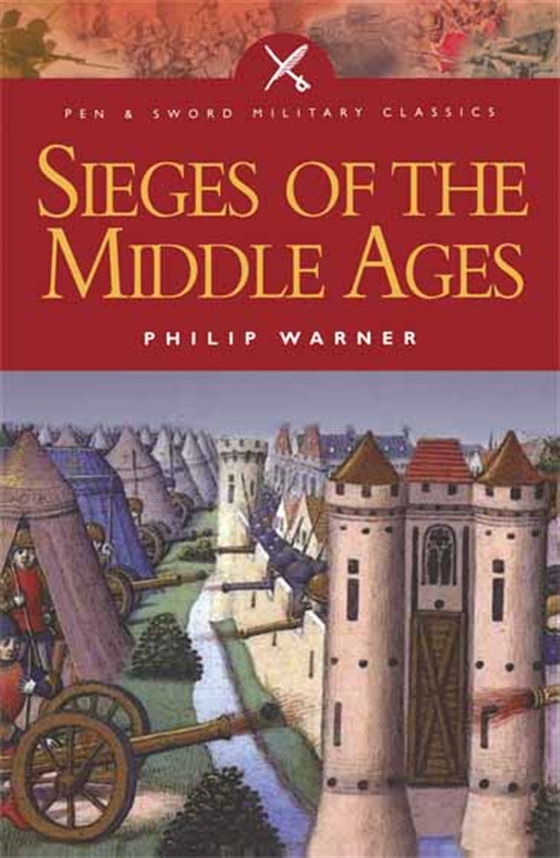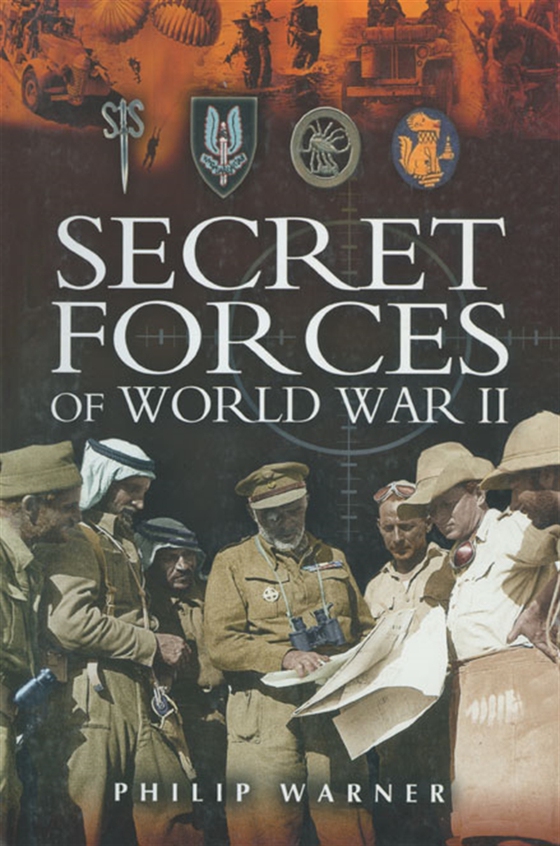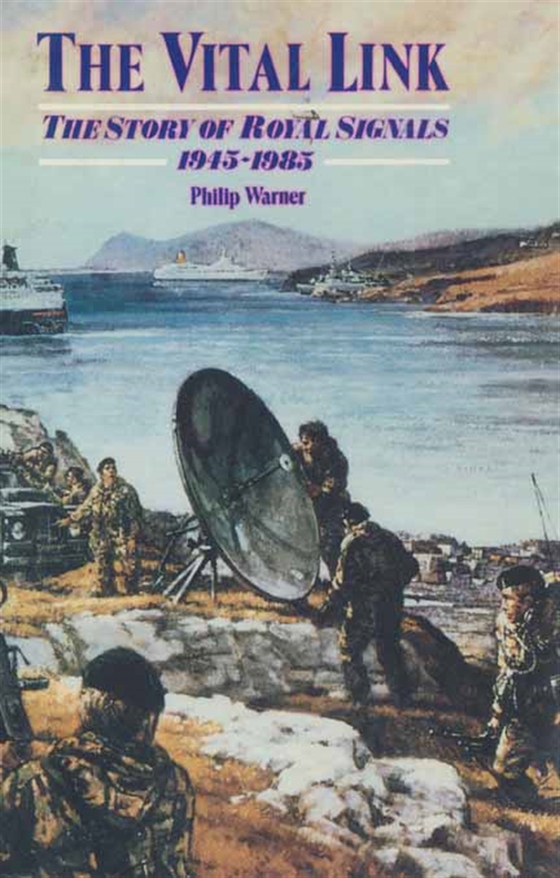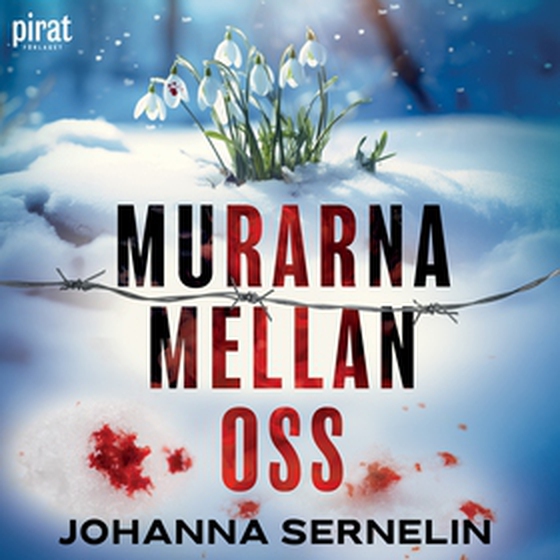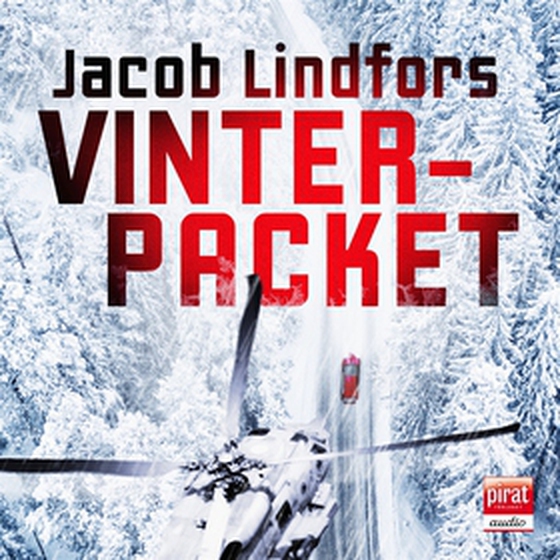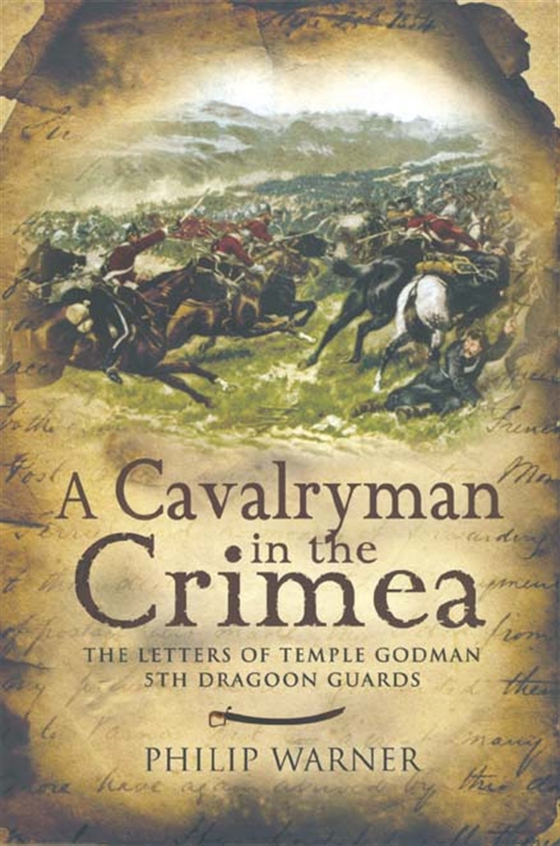
A Cavalryman in the Crimea e-bok
115 kr
Among the British troops bound for the Black Sea in May 1854 was a young officer in the 5th Dragoon Guards, Richard Temple Godman, who sent home throughout the entire Crimea campaign many detailed letters to his family at Park Hatch in Surrey. Temple Godman went out at the start of the war, took part in the successful Charge of the Heavy Brigade at Balaklava and in other engagements, and did no...
E-bok
115 kr
Förlag
Pen and Sword
Utgiven
23 Februari 2021
Längd
224 sidor
Genrer
Historia & Arkeologi, Biografier & Memoarer, Fackböcker
Språk
English
Format
epub
Kopieringsskydd
Vattenmärkt
ISBN
9781473813052
Among the British troops bound for the Black Sea in May 1854 was a young officer in the 5th Dragoon Guards, Richard Temple Godman, who sent home throughout the entire Crimea campaign many detailed letters to his family at Park Hatch in Surrey. Temple Godman went out at the start of the war, took part in the successful Charge of the Heavy Brigade at Balaklava and in other engagements, and did not return to England until June 1856, after peace had been declared. He took three very individual horses and despite all his adventures brought them back unscathed.
Godman’s dispatches from the fields of war reveal his wide interests and varied experiences; they range from the pleasures of riding in a foreign landscape, smoking Turkish tobacco, and overcoming boredom by donning comic dress and hunting wild dogs, to the pain of seeing friends and horses die from battle, disease, deprivation and lack of medicines.
He writes scathingly about the skein of rivalries between the Generals (‘a good many muffs among the chiefs’), inaccurate and ‘highly coloured’ newspaper reports and, while critical of medical inefficiency, regards women in hospitals as ‘a sort of fanaticism’. Yet at other times he will employ the pen of an artist in describing a scene, or wax eloquent on the idiosyncrasies of horses. He is altogether a most gallant and sensitive young cavalryman, and deservedly went on to achieve high rank after the war. Always fresh and easy to read, his letters provide an unrivalled picture of what it was really like to be in the Crimea.
Inga recensioner än


